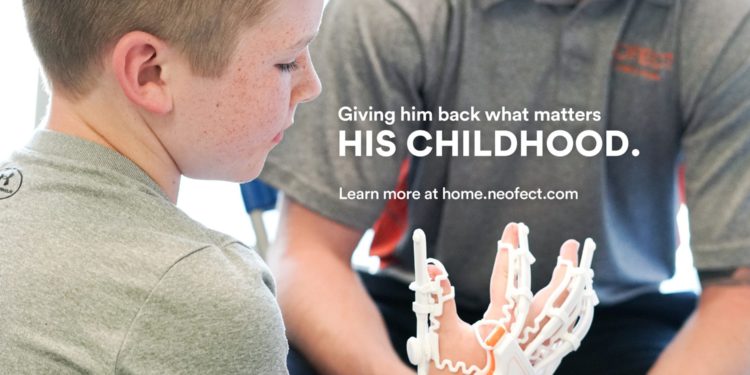The Therapeutic Wearable Medical Devices Market is expected to have tremendous growth in the coming decade. As per a report by analysts, data researchers, the global therapeutic wearable medical devices market size in 2019 was $ 13 billion, and the growth forecast for 2027 is $ 85.6 billion, a 27% rise. The COVID-19 pandemic times have further boosted the demand for medical devices that can be used at homes and operated with remote supervision.
Korean med-tech startup Neofect is already leading the market of therapeutic wearable devices & rehabilitation with its technology-driven inventions. Established in 2010, the health startup has been helping stroke survivors, neuro patients through smart devices. Neofect’s clinically proven neurorehabilitation devices maximize arm and hand use through fun and functional gameplay.
Neofect’s gamified and innovative smart rehabilitation solutions can be used virtually anywhere, helping stroke survivors maximize recovery, rehab more conveniently. Neofect’s game-based rehabilitation solutions deliver more engaging, quantifiable therapy to improve cognitive, hand, arm, and leg function, while its robotic orthosis creates an artificial grip to increase hand mobility.
The startup’s first product, RAPAEL Smart Glove, which combines a wearable device, virtual reality, and gamification for rehab exercise, has been successfully utilised by major hospitals in South Korea since December of 2014, and approved in the US and Europe. Since its inception, the startup has created some groundbreaking medical rehabilitation products, including:
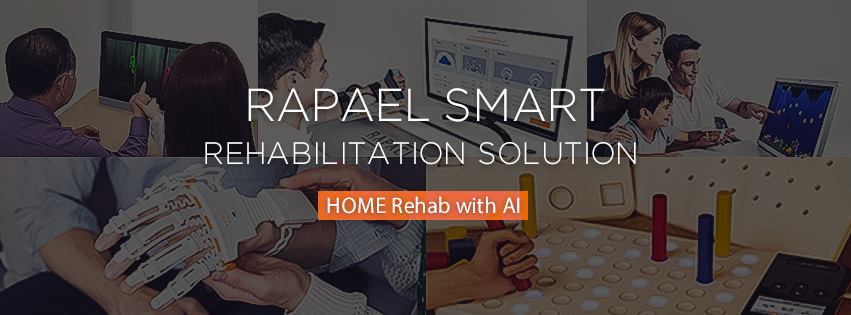
1. Neofect Extender
Neofect Extender is a hand and wrist rehab product for stroke survivors. The glove helps minimize spasticity and maintains the appropriate stretch for functional hand movement. With specially designed finger straps, users can grip and grasp items needed to complete their daily tasks. Merely wearing this washable glove while one sleeps or during a nap will help keep their fingers straight.
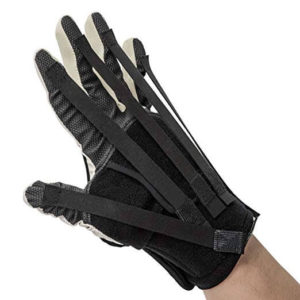
2. Rapael Smart Board
RAPAEL Smart Board is a medical device accessible to any patient experiencing a limitation to functional movements due to damage in their shoulder or elbow joints to improve the functional arm reaching ability. There are two purposes of the games available with RAPAEL Smart Board: enhancing the dynamic joint movement range and control ability. With RAPAEL Smart Board, patients can carry out exciting and sustainable rehabilitation through various training games. There are various training contents designed for the improvement of dynamic joint movement range and control ability.
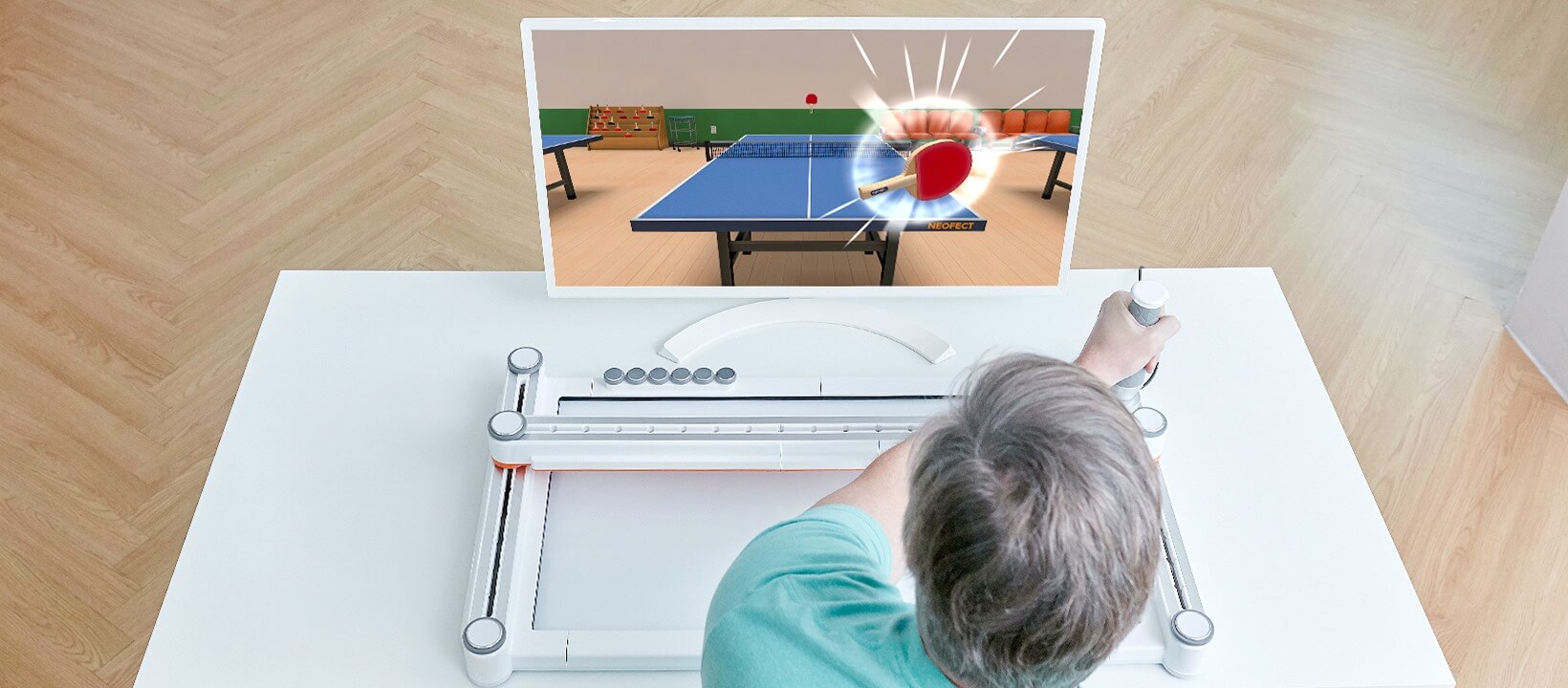
3. Neofect Smart Balance
Neofect Smart Balance is a lower-body rehabilitation device that uses AR to help stroke patients, patients with muscle disorders, and lower body disability to regain function in their legs and lower body. The device has 16 rehabilitation games that aim to help the patient walk unassisted through restabilizing their core strength and body balance. The smart balance board measures the patient’s gait and posture, analyses his/her movements, and gives prompt feedback when it senses an imbalance.

According to Neofect CEO Scott Kim, “For the past decade, we’ve focused on hand and upper arm rehabilitation, but we’ve always wanted to create more engaging and measurable therapy for patients who need to recover leg function. Whether that’s relearning how to walk or regaining range of motion and confidence. With Neofect Smart Balance, games like ‘Rock Band’ prompt users to move their feet, in this case, to the beat of a song. Patients are physically and cognitively challenged and can also have fun while rehabilitating.” The games increases in speed as the patient’s rehabilitation advances.
4. Rapael Smart Glove
Neofect’s flagship product, the RAPHAEL Smart Glove, was released in 2014 and has helped many regain their arms mobility. The Raphael smart glove provides task-oriented training with games to improve finger, wrist, and forearm abilities. It is designed to train and measure the detailed movement of fingers based on ergonomic research.
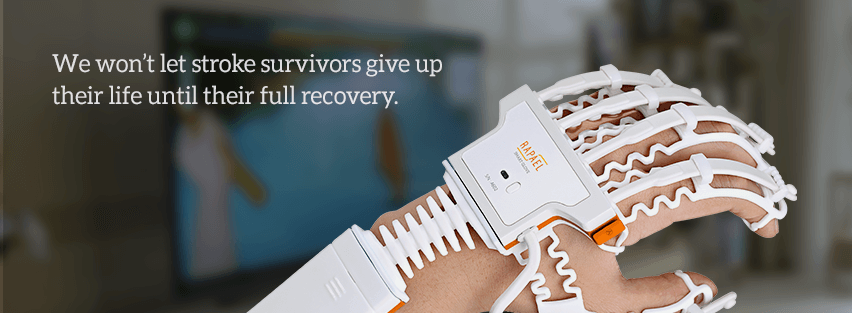
The Smart Glove allows for a more comprehensive and entertaining way to perform exercises; you will look forward to doing. It ensures that you do your exercises correctly and gives you instant feedback to evaluate your performance with minimal movement needed for success.
5. Neofect Cognition
Neofect cognition is a brain retraining software that focuses on attention and cognition. Cognitive training is essential for successful community living and independence in everyday life. This software has been shown to improve working memory for users with Alzheimer’s. Cognition has also helped patients with brain injuries increase their attention span. Cognition uses computer-assisted cognitive rehab and Neofect’s learning algorithm to guide a user through cognitive training based on their skill level.
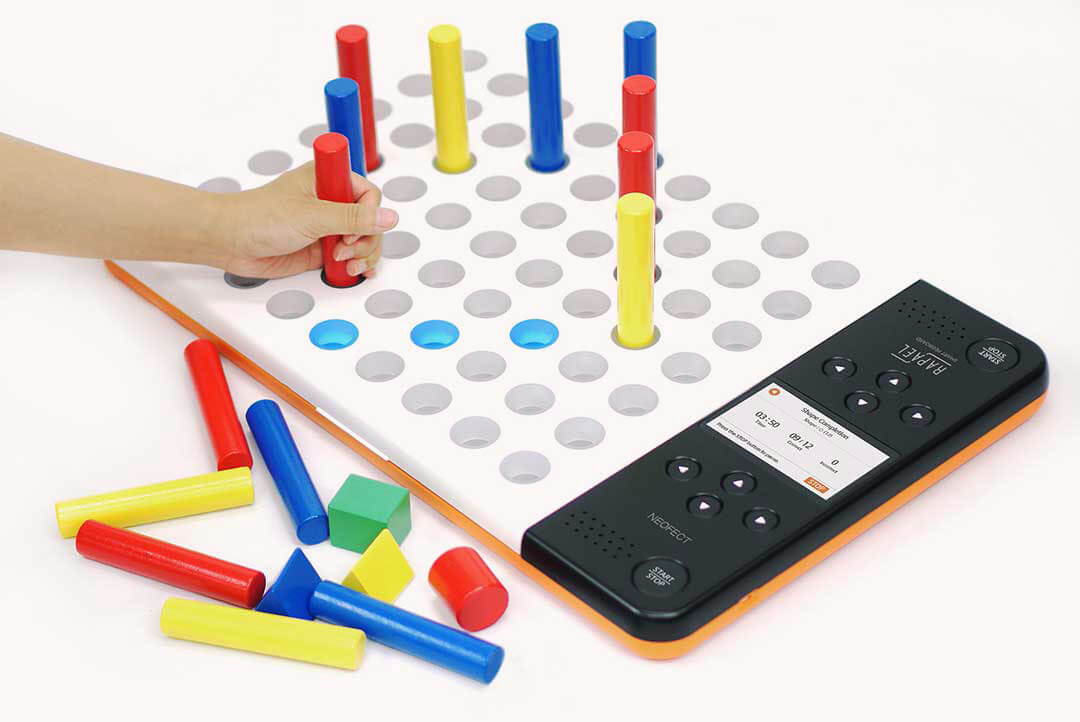
Cognitive skills refer to the intellectual activities that encompass memory, reasoning, attention, and language. Damage to cognitive function can cause difficulties in ones’ daily life. Promoting brain neuroplasticity is a crucial element to the cognitive rehabilitation process after a brain injury. Neuroplasticity is a concept that states that the brain will essentially rewire itself to compensate for the area of injury or damage. Cognitive rehabilitation focuses on the importance of retraining the brain.
Achievements
Neofect’s Smart Balance won the CES Innovation Award in this year’s CES 2020. The board had nearly a decade of innovation in turning a monotonous rehabilitation exercise into an engaging and fun exercise that all stroke patients can enjoy. The startup’s NeoMano Robotic Glove won the internationally acclaimed Red Dot Best of the Best award, the top prize in the Red Dot Design Concept category in 2019.
What to expect in the next decade?
Neofect has a large market as more than 2.4 billion people need rehabilitation treatment worldwide, with more than 50% of them, unfortunately, failing to receive the treatment they need. The COVID-19 pandemic has made the situation direr as it has disrupted 60-70% of rehabilitation services in all countries. Neofect’s remote rehabilitation devices serve to fill this treatment gap making rehabilitation more convenient and fun.
The startup launched Connect, a companion app for rehabilitation patients, at CES 2020 to solve motivation and engagement problems faced by remote rehabilitation gadgets. Connect helps stroke patients stay on track with their home rehabilitation by acting as a motivational companion and providing exercises, reminders, and other educational resources to keep the patient engaged in their treatment.
“We are actively engaging with government and healthcare system stakeholders to deliver our solutions with telehealth remote physical therapy technology to patients who cannot access clinics. For this at-risk population, availability of continued upper-limb physical therapy is crucial to recovery from stroke, as data shows continued therapy is correlated with improved clinical outcomes. Therapists are also able to remotely guide patients to ensure they’re optimizing their rehabilitation and can make adjustments to the treatment plan,” said Scott Kim.
With its vast innovation, massive government backing, and colossal market, the startup is set to be the future of rehabilitation treatment.
Also Read,


